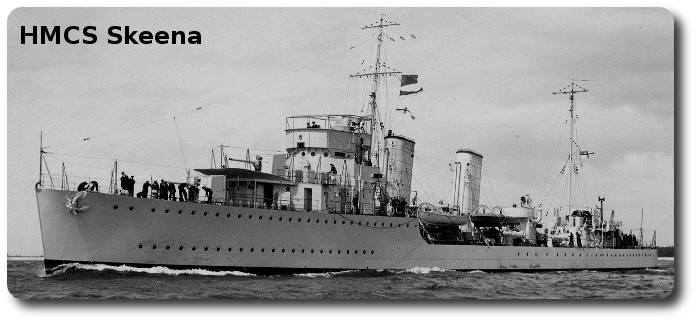Topic: RCN

Canadian Naval Defence (1928)
Editorial, The Ottawa Evening Citizen, 5 May 1928
"In 1931, the RCN underwent a major facelift when the first ships specifically built for the RCN, the destroyers HMCS Saguenay and HMCS Skeena, were commissioned at Portsmouth, England." – Wikipedia
Compared with the naval expenditure of other nations within the British Commonwealth, Canada has certainly practiced thrift. While Great Britain spent about $290,000,000 last year, Canada spent only $1,755,000. Australia spent $28,000,000, and even New Zealand spent nearly twice as much as Canada. The cost of naval defence divided according to population would figure out for last year about as follows:
- Great Britain – $6.10 per head
- Canada – $0.10
- Australia – $6.82
- New Zealand – $1.75
The decision of the Department of National Defence to order two new torpedo boat destroyers for Canada this year may be allowed to pass without much serious criticism. It is estimated that the pair of destroyers will cost $3,000,000.
Of course, three million dollars is an enormous sum of money. It may be objected that Canada has survived for ten years since the war without building new warships. Nobody can say, however, that the placing of one new destroyer on the Atlantic coast of Canada and one on the Pacific coast is a grave departure in the direction of aggressive navalism.
The destroyers will obviously be maintained for nothing more than patrol purposes. No other country with such an export trade as Canada has so far shown so much confidence in the good-will of the rest of the world. Nor is there any reason to believe that with the present able minister, Col. J.L. Ralston, at the head of the Department of National Defence, there will be any departure away from the policy of reasonable economy.
Canada is becoming more than ever a maritime nation with growing interest in markets abroad. No party in Canada will say that the defence policy of this country should be based on non-resistance. There are several alternatives. One is to depend on British naval defence as in the last war. Another is to depend upon the United States navy without frankly admitting it. But neither policy would receive the approval of the Dominion electorate.
Without plunging headlong into any such policy of naval expansion as the Australian Commonwealth is committed to—where the defence situation is entirely different—the credit of Canada does apparently require reasonable provision for naval defence. The responsible minister can reasonably ask parliament to vote the necessary provision.


